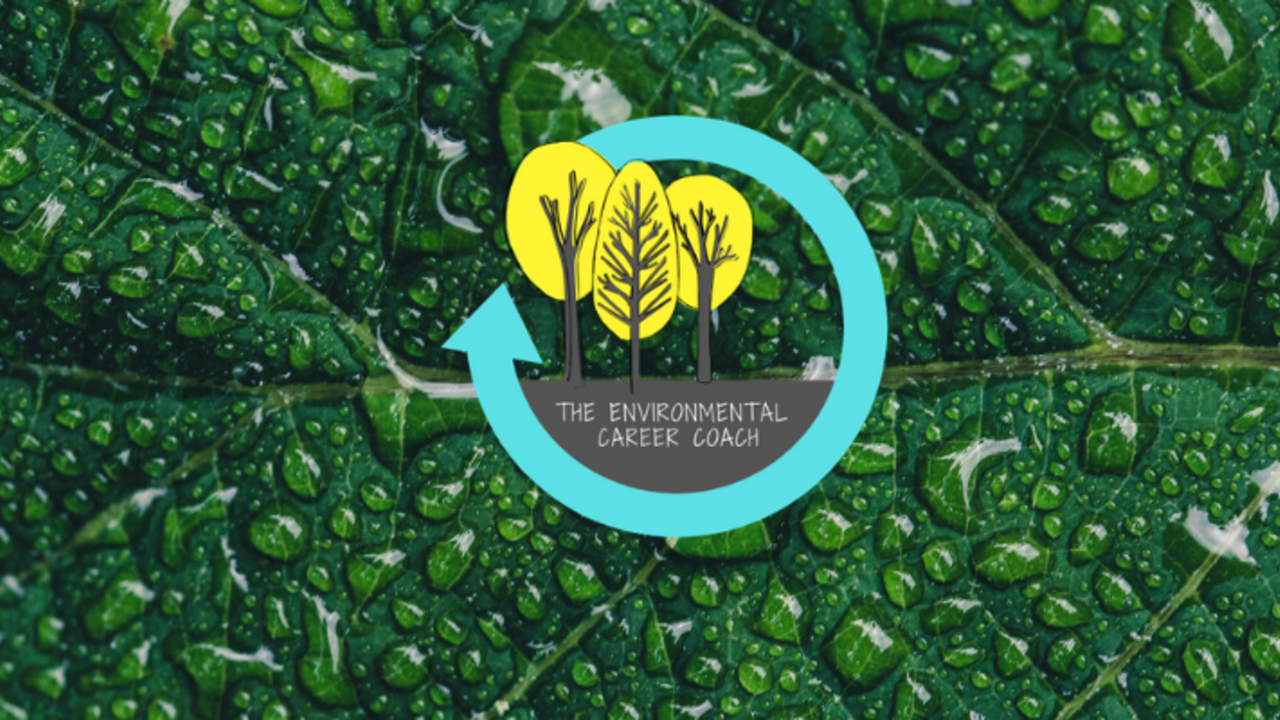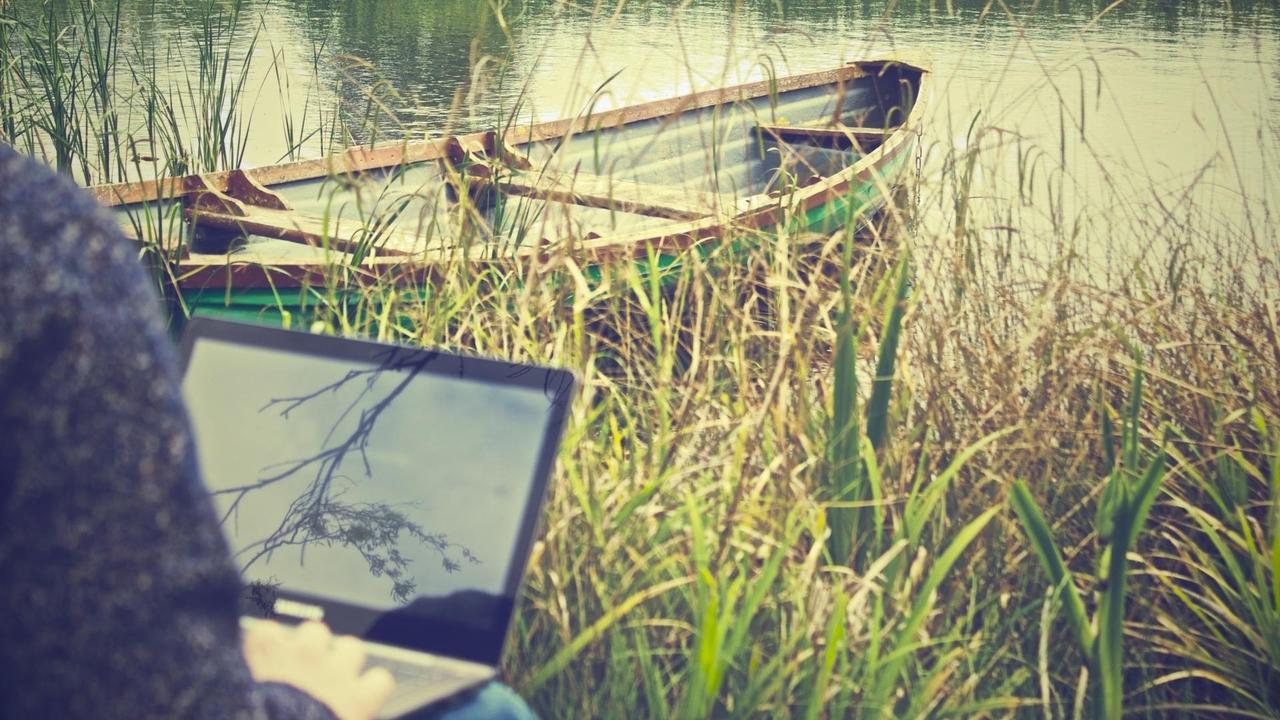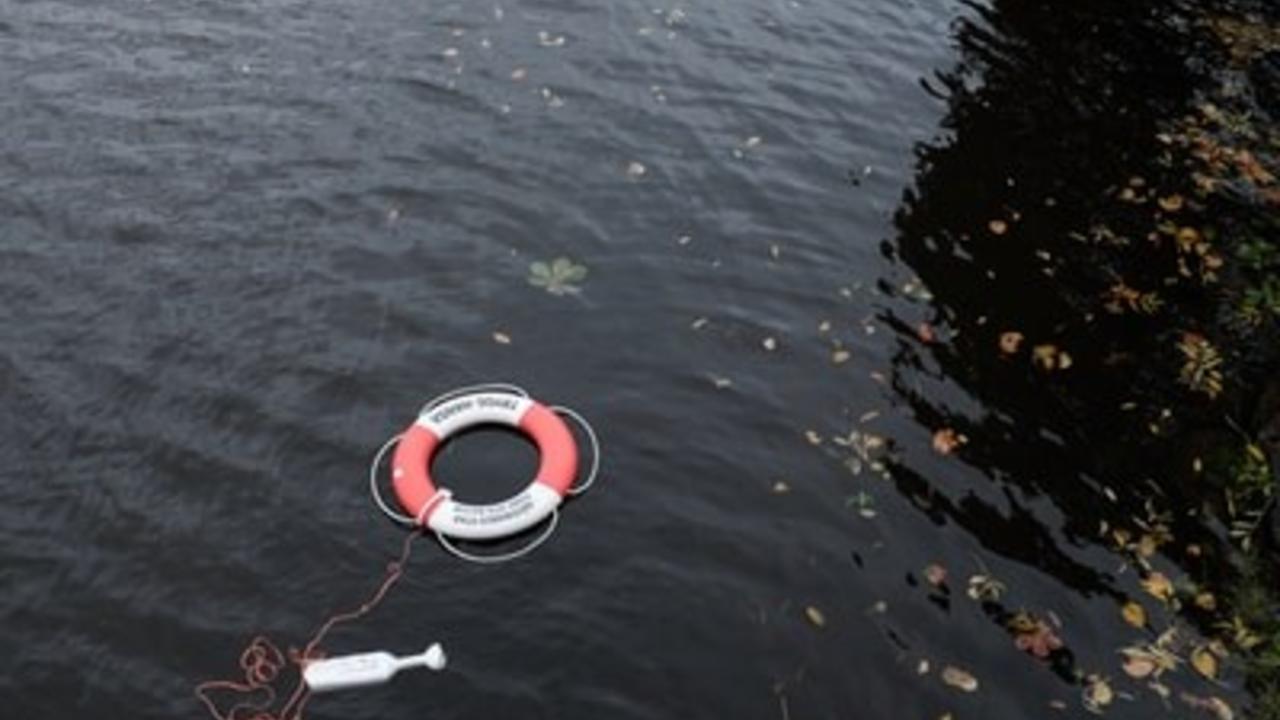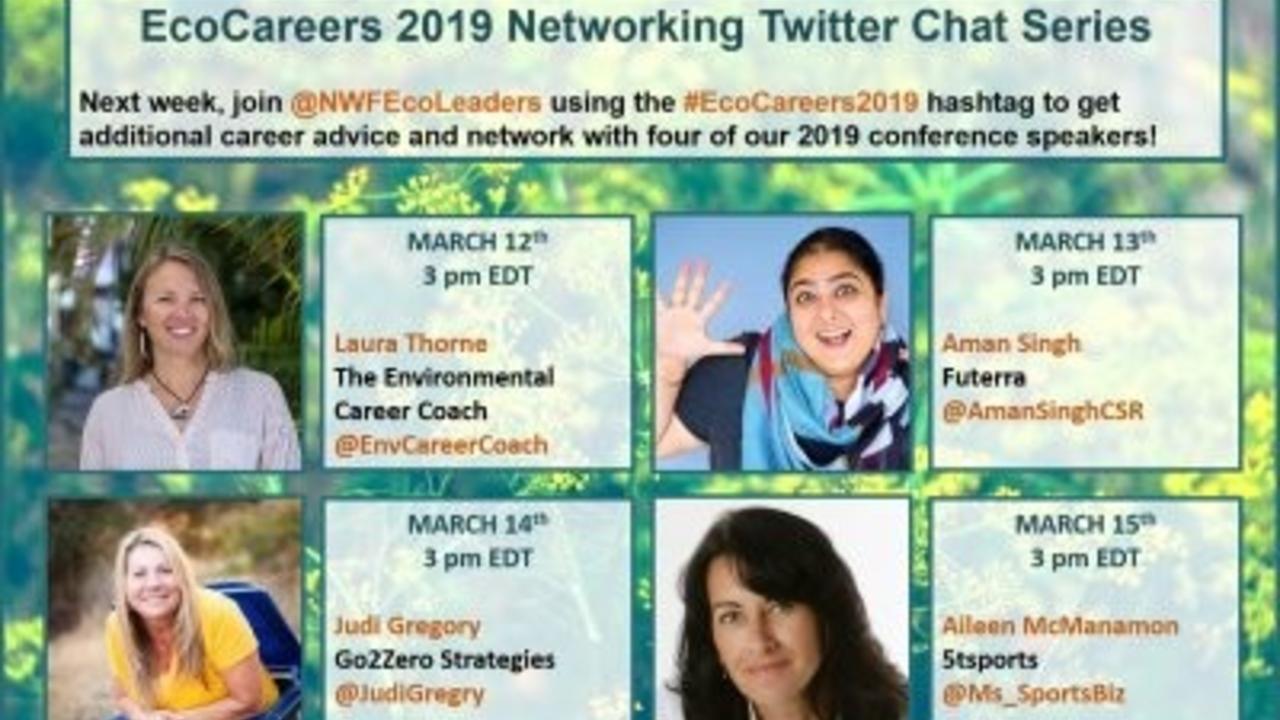Welcome to the ENVIROlocity™ Blog.
Build career momentum to go further, faster with these articles empowering you to make great job search and career moves. For more insights follow us on Substack.
Keep Hope Alive
I hope that you and your family and friends are well during this uncharted time. I wanted to share some encouragement and suggestions for staying productive and shifting your career search at this time.
Many of you may have been lo...
Does anyone want to give me a job? Anybody? Hello?
Does asking for an informational interview feel a little like begging to you? Experts keep saying that informational interviews are getting harder to get yet those same experts are encouraging care...
I refer to your resume, LinkedIn profile, and networking plan as your job search essential. Each of these works together to help ensure your best chances of getting invited to interview. Often times job seekers focus on just the resume. You might hav...
I occasionally receive messages like this: “I am currently studying environmental policy. I've done research with elephants, noise pollution, and ocean studies. I want to make a positive impact for global climate change. There's so many paths I could...
You’ve got an interview coming up for an environmental position. How do you prepare? What will they ask you? How can you stand out?
90% of the mastering an interview is standard issue, meaning it would apply to any job in any industry.
Things like ...
You may have noticed lately that we made some changes to our brand to more consistently infuse the word ENVIROlocity™.
You may be wondering what exactly does this mean?
At first, this was a word that we felt personified the phrase Work Worth Living...
Getting your environmental degree most likely means you’ll need to complete at least one internship. One the one hand it seems exciting to have hands-on experience, on the other hand, it can be scary. Procrastination is one of the worst things you ca...
Sustainability. What is it? Why do you want to do it? How do you get a job doing it?
The majority of people that I talk to for coaching, no matter their background, are looking for a “sustainability” career. The problem they all face is not knowing ...
The best way to get an advantage in the job search, after networking, is to bring something special to the table. Of course, every job and industry are different but there are a few skills that are important to all industries that can serve you well ...
Time management is important for your job search because job search activities are usually low on our priorities list until something critical happens. Purposefully making time to research, learn something new, or submit applications is extremely imp...
You had it! For one shining moment you were so sure the next position you applied for was yours! Then you didn’t get that one. Ok, that wasn’t “the one” but this next one this is it! I’m perfect, this is so right for me. And then you don’t get that o...
On March 12th I participated in my first Twitter chat. I thought it was great to be able to ask or answer questions from your couch without all the prep time that's involved with being on camera. It's also great that the chat will remain out there un...














